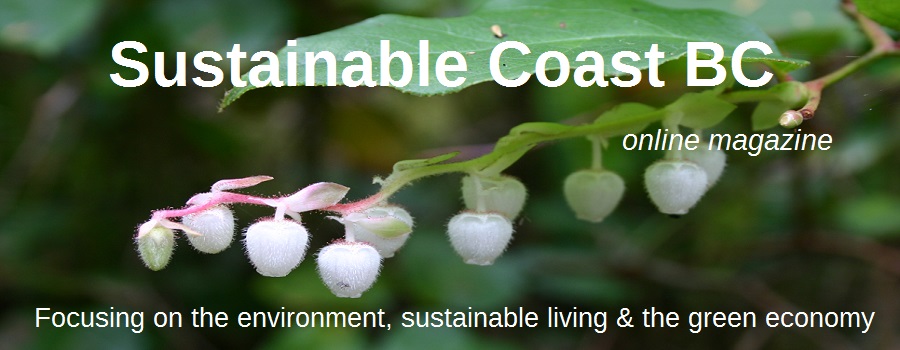News
Debate on environmental, health and social problems associated with waste and the possible solutions has reached mainstream policy-makers in developed as well as developing countries. Communities around the globe are investing in Zero Waste as a priority climate action.
Zero Waste Canada is pleased to announce a partnership with Greenomics,a BC based sustainable business consultancy, to embark on a study to determine the costs and benefits of alternatives to the existing waste management practices across Canada. This nationwide study will determine whether there are in fact economic, social, and environmental benefits to pursuing Zero Waste as defined by the Zero Waste International Alliance Zero Waste Hierarchy.
The Zero Waste Hierarchy describes a progression of policies and strategies to support the Zero Waste system, from highest and best to lowest use of materials. It is designed to be applicable to all audiences, from policy makers to industry and the individual. It aims to provide greater depth for internationally- recognized 3 Rs (Reduce, Reuse, Recycle); to encourage policy, activity and investment at the top of the hierarchy, and to provide guidance for those who develop systems or products that move us closer to Zero Waste. It enhances the Zero Waste definition by providing guidance for planning and a way to evaluate proposed solutions.
Jamie Kaminski, Zero Waste Canada director, said, “All over the world, in some form or another, a Pollution Prevention Hierarchy is incorporated into recycling regulations, solid waste management plans, and resource conservation programs. This Pollution Prevention Hierarchy has been incorporated into all recycling regulations within Canada. It is embedded within all resource conservation methods which all government mandated waste prevention programs follow. While including the 4th R (recovery) prior to disposal, many organizations are focused on the 4th R instead of the top of the hierarchy. This is resulting in costly systems designed to destroy materials instead of systems designed to reduce environmental impact and waste. The Zero Waste Hierarchy formalizes, organizes, and clearly presents how Zero Waste is fundamentally a different approach to waste reduction than recycling programs of the last fifteen years. Zero Waste tackles the root causes of wasting and broadens responsibility for solutions to include governments, producers and consumers. It is hoped that this study will assist local governments and other decision-makers to develop the most appropriate systems for their jurisdiction.”
Erich Schwartz President of Greenomics, realized “For our society to become sustainable we need environmental and socio-economical viable alternatives to the existing waste management regime.” He also added that “While we are partnering with various groups and organizations to help us collect data and provide guidance, we are maintaining our objectivity and independence from those with vested interests by providing our own funding and resources.”
SOCIO-ECONOMIC VIABILITY OF ZERO WASTE HIERARCHY STUDY
The specific goals of this nationwide study are to quantify where possible and qualify where necessary the costs and benefits of increasing waste diversion across Canada. Specifically, it will analyze the environmental, social, and economic impacts and benefits of:
- Current waste management practices
- The potential of Zero Waste practices, and
- The difference between those two options
“Zero Waste is often seen as an aspiration goal but Zero Waste Canada has a mandate to be a catalyst to show that these noble aspirations are in fact practical solutions,” commented Buddy Boyd, Zero Waste Canada director.
Zero Waste Canada (ZWC) is a non-profit, non-partisan organization that promotes solid waste solutions that eliminate the use of landfills and waste-to-energy plants. ZWC advocates at all levels of government for responsible resource management and policies, legislation and initiatives that eliminate waste and support continuous reuse of resources. ZWC provides resource management demonstration projects and education, and is a reliable go-to resource that collaboratively promotes social, environmental and economic well-being.
